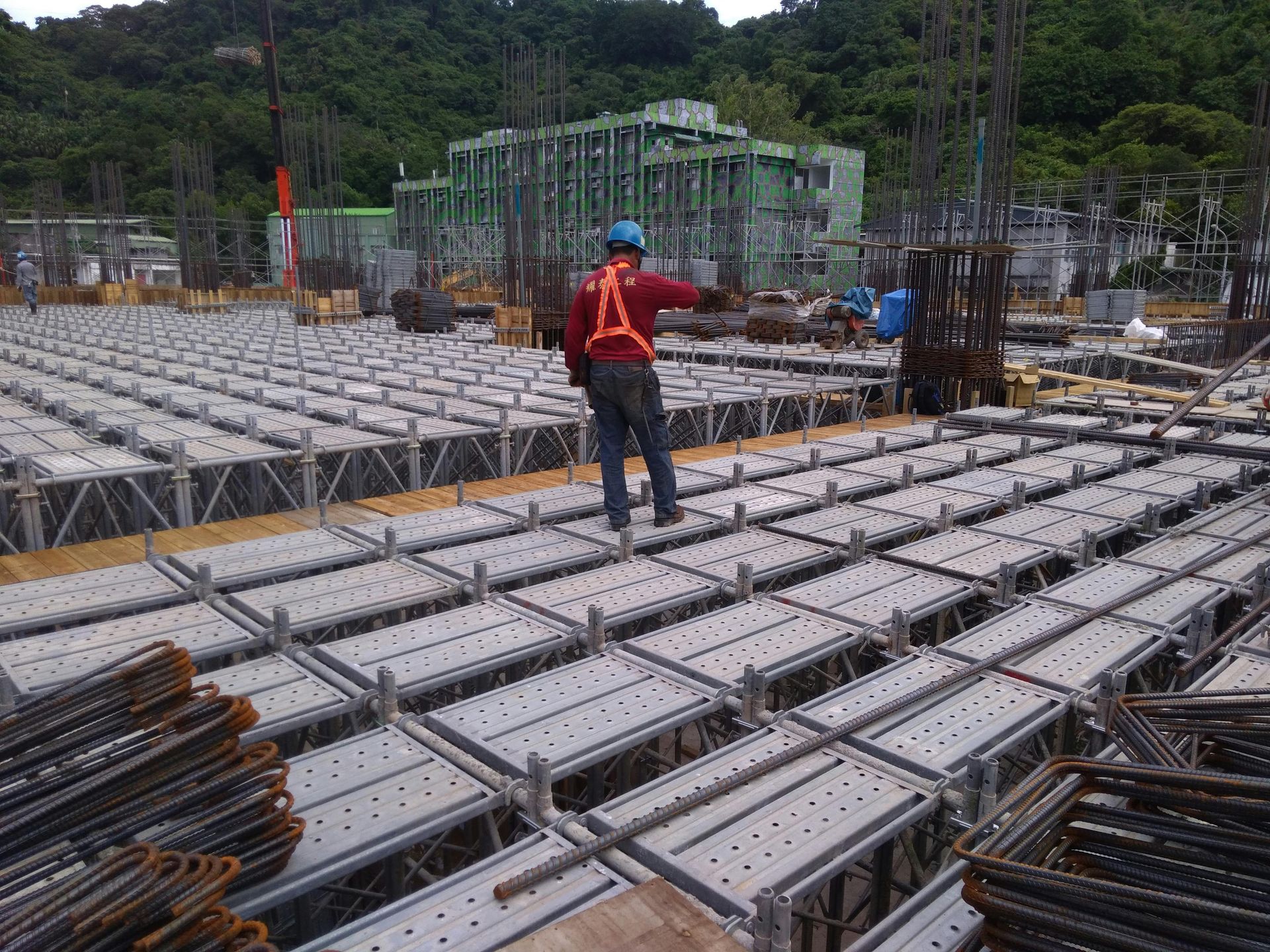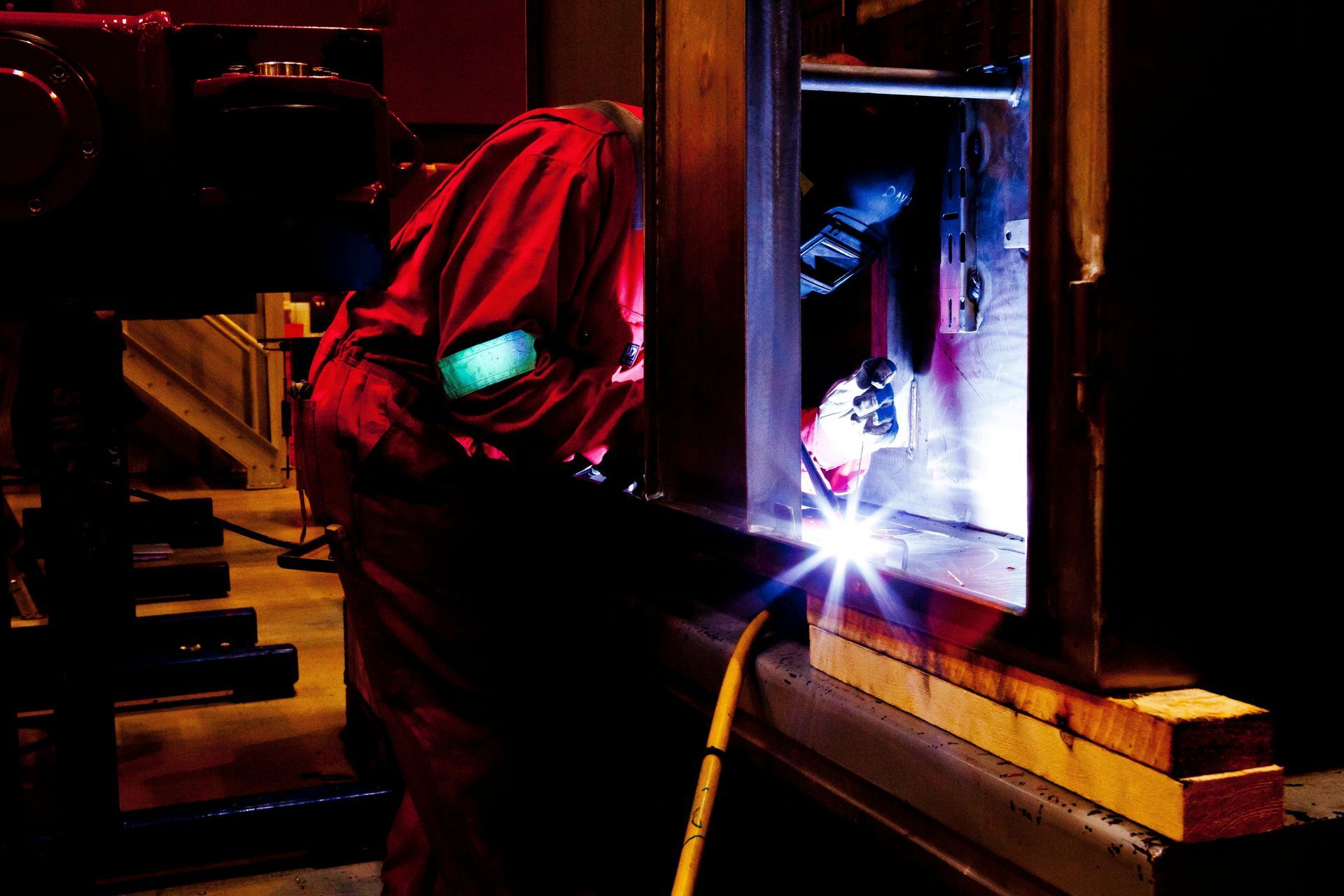FAQ: What to Do After a Job Rejection
Andrew Connolly • September 8, 2025
Why do candidates get rejected?
Rejection often has little to do with your ability. Common reasons include:
- An internal candidate was chosen.
- Budget or project timelines changed.
- The employer received too many strong applications.
It doesn’t always mean you weren’t a good fit.
Should I ask for feedback after a rejection?
Yes — politely ask the recruiter or employer:
“Could you share any feedback on my application?”
Use this feedback to improve your CV, refine interview answers, or target more suitable roles.
How can I bounce back quickly?
- Keep applying for roles that match your skills.
- Stay active on LinkedIn — comment on industry news, share updates, and let your network know you’re open.
- Sign up for job alerts so you hear about opportunities early.
Should I update my CV after a rejection?
Yes. Rejections are a chance to check your CV:
- Add new tickets, training, or project achievements.
- Make sure your latest role is clearly explained.
- Adjust your CV to better match the roles you’re applying for.
How can I stay motivated?
- Remember that rejection is part of the process.
- One “no” often leads to a better “yes” later.
- Keep track of your applications so you can see progress over time.
What if I get rejected multiple times?
If you’re receiving repeated rejections:
- Review whether your CV highlights the right skills.
- Ask your recruiter for honest feedback.
- Consider upskilling with short courses or new tickets.
- Broaden your search to include related roles.
Pro Tip: Turn rejection into opportunity
Treat every rejection as a learning step. Keep notes on what feedback you received and which roles you missed out on. Over time, this helps you spot patterns and improve your applications.











